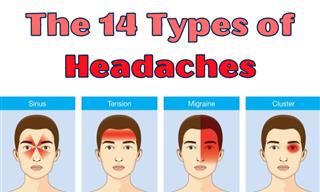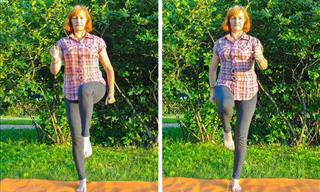The first step to diagnosing claustrophobia is to make an appointment with a psychologist, who will typically ask for a description of the symptoms, what tends to trigger them, and how severe they really are. As with other irrational fears, claustrophobia frequently occurs alongside other disorders, such as anxiety disorder, addiction or depression, so your psychologist will need to get to the root of the problem before treatment can begin.
Signs & Symptoms of Claustrophobia
Some of the most common symptoms of claustrophobia include:
• Panic attacks
• Tension
• Hot flashes
• Increased blood pressure
• Sweating
• Fainting
• Hyperventilating
• Nausea
Claustrophobia develops as the brain begins to make associations between tight spaces and imminent danger. This is said to occur as the result of a negative past experience, such as getting stuck in an elevator in the middle of a blackout, or after having a particularly frightening panic attack. People with claustrophobia don't usually forget their first ever claustrophobic experience. They may simply remember an imminent sense of panic or they might actually remember the entire event itself in detail.
This same reaction, and all of the emotions and thoughts connected to it, tend to come rushing back whenever a sufferer finds himself within a confined space, without the option for a swift exit. Even though such thoughts and feelings are almost entirely irrational, the mind still ends up telling your body that small spaces equal danger, and that's where many of the symptoms start to kick in.
Treating Claustrophobia
If you, or someone you know, suffers from claustrophobia, know that there are a number of treatment options available to help you overcome your fear. Researchers have found that phobias are treated best when numerous treatments are used together, and here are some of the most effective ones:
1. Relaxation Techniques: Deep breathing, muscle relaxation, and meditation are 3 great techniques that have been proven to help people with claustrophobia by clearing the mind of unwanted thoughts and concerns, whilst reducing anxiety.
2. Cognitive Behavioral Therapy (CBT): Exposure therapy or desensitization is one of the most common methods of treating claustrophobia. This includes gradually exposing the sufferer to increasingly distressing situations, until they eventually start to get used to them, causing a reduction in the incidence and severity of the symptoms. This might seem like an impossible task at first, but it has been proven to work wonders time and again.
3. Medication: If the above techniques aren't deemed to be effective enough, then your psychologist may prescribe certain drugs to help keep your phobia at bay. When taking such drugs, make sure to follow your doctor's advice, since some of them can be addictive or have unpleasant side effects.
If you found this information useful, then make sure you share it with anyone who can't stand tight spaces.
Source
Images
 Go to BabaMail
Go to BabaMail























































